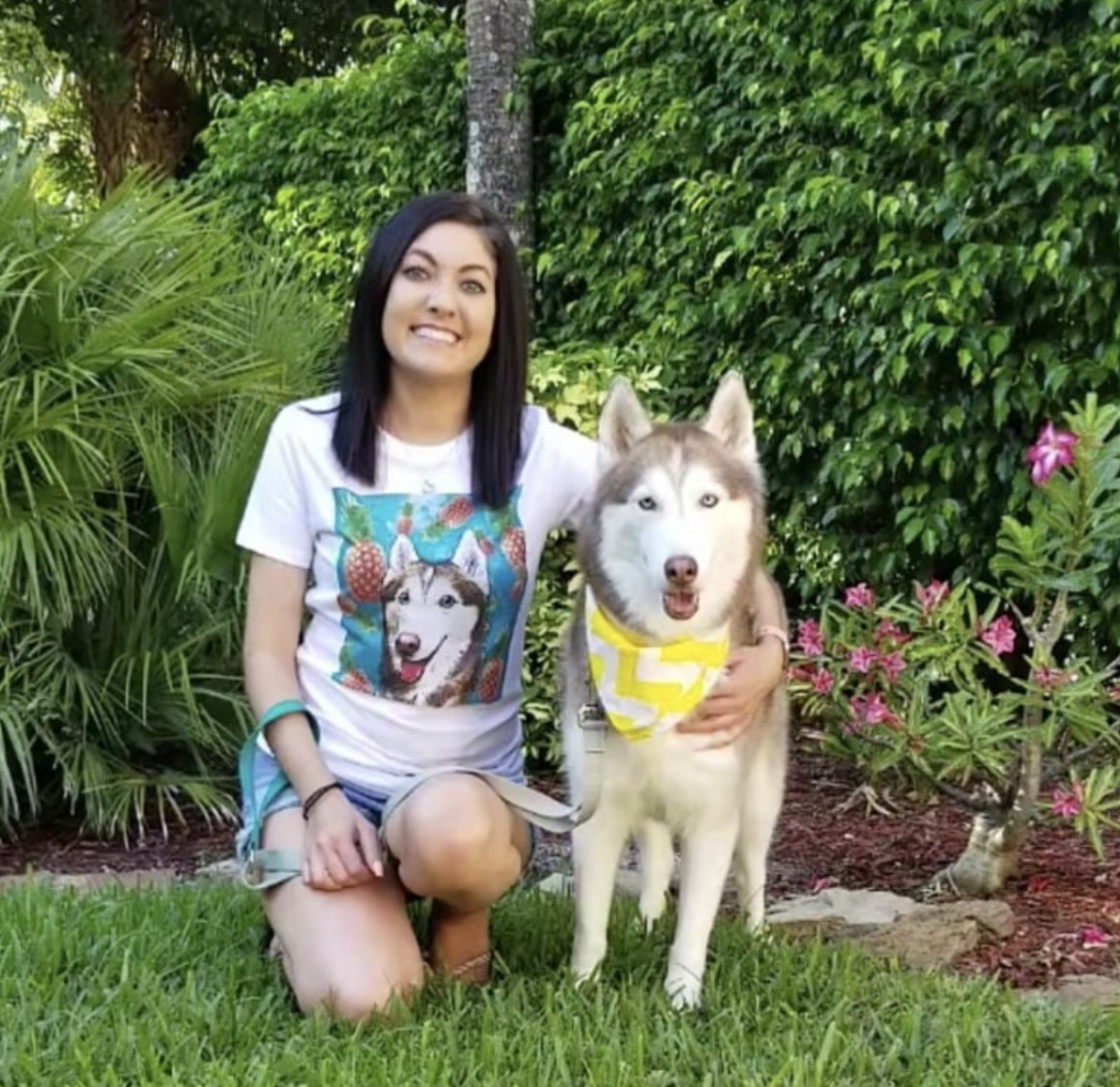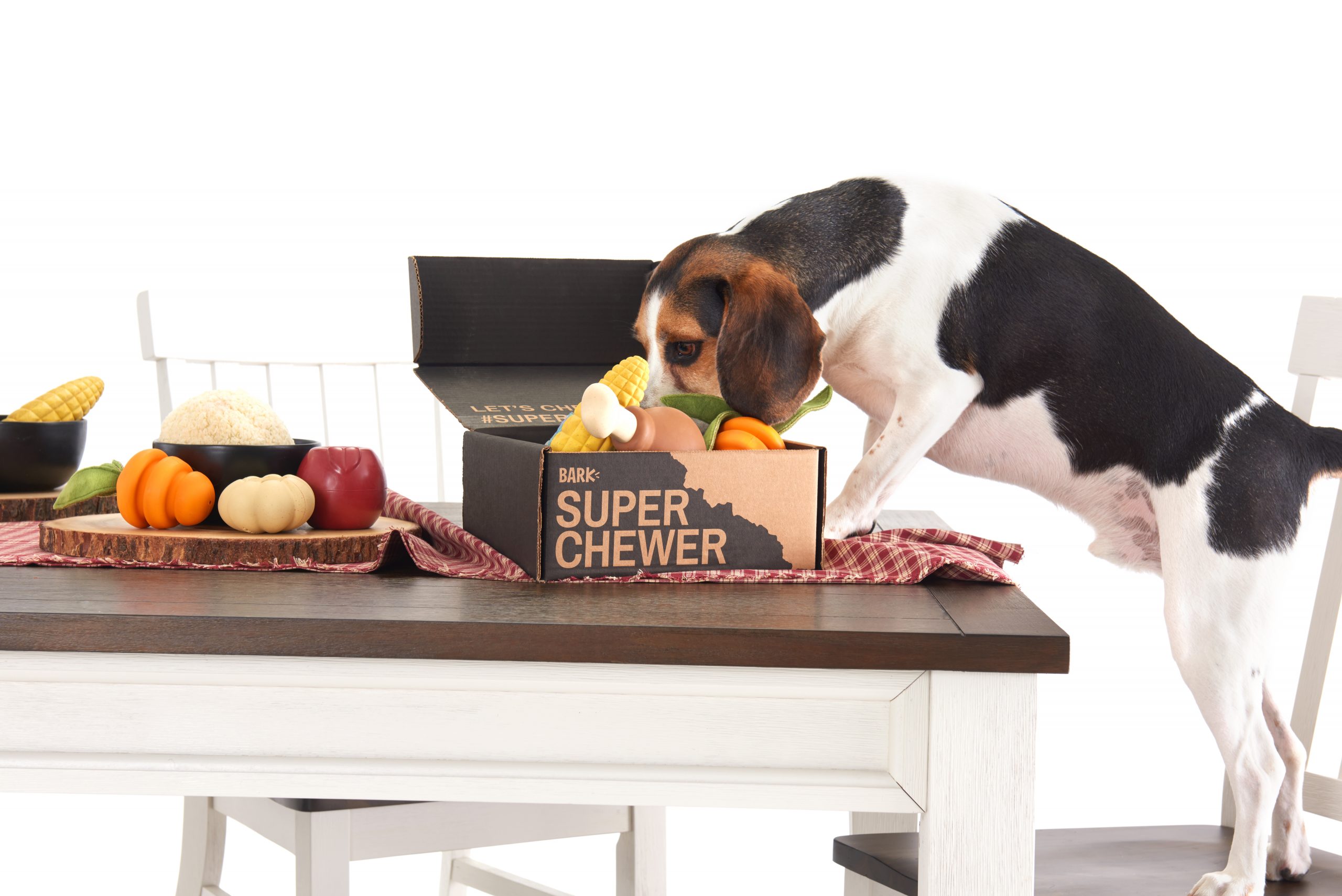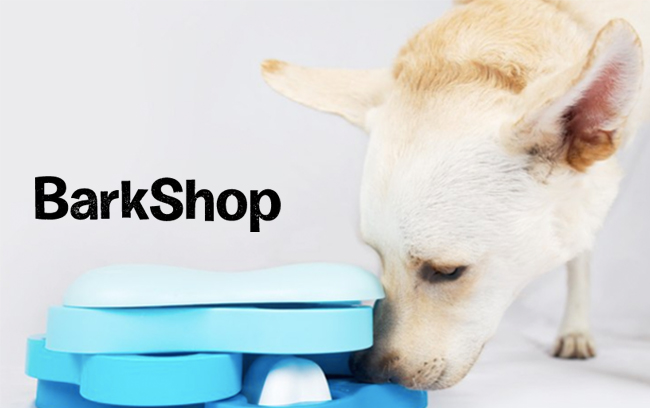For Pups With Short Attention Spans…
Just like people, dogs can get hiccups. In addition to dog hiccups being very cute, in most cases they are completely harmless, being caused by eating too much food, eating too fast, or bouts of anxiety. In the rare cases that your dog’s hiccups don’t resolve in a few days, then it may be best to take them to the vet to check for other gastrointestinal issues. Otherwise, some water and belly rubs might just do the trick.
Can dogs get hiccups? It would be negligent and downright irresponsible of us to answer this question without first showing you this vital documentary. It’s the single most important video you’ll watch today.
What Exactly Is A Hiccup?
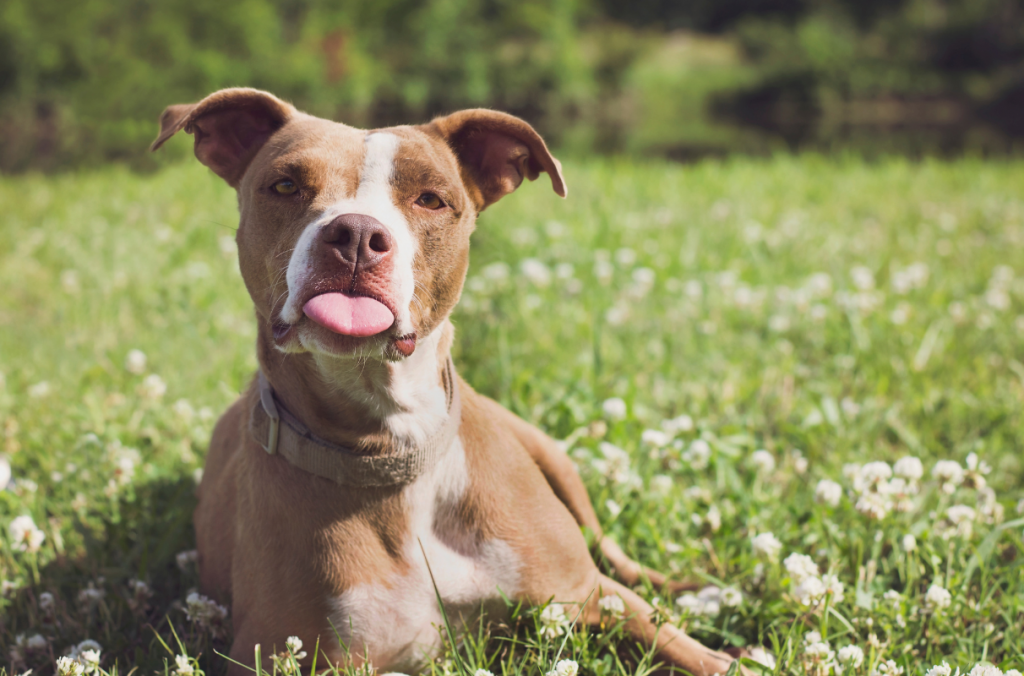

Oddly enough, we don’t actually know the real purpose of a hiccup! Hiccups are a unique phenomenon that most everyone has experienced at some point in their lives (undoubtedly at least once during an embarrassingly inappropriate moment). Yet, despite how common they are, hiccups aren’t fully understood by science.
What we do know is that hiccups are caused by diaphragm muscles (the muscles that separate the abdomen from the chest) suddenly contracting on their own1. These involuntary contractions cause the vocal cords to close quickly1, resulting in the silly, and sometimes frustrating “hic” sound.
Researchers have nailed down how hiccups happen, but where they get stuck is trying to figure out exactly why we get these sudden muscle spasms. These random vocal attacks often come on without warning, last a few minutes or hours, and mysteriously disappear as quickly as they came. There have been a lot of theories over the years as to the exact purpose of hiccups, but it’s still a highly debated subject.
| Fun Fact: The longest case of hiccups lasted 68 years! A farmer from Iowa began hiccuping in 1922 and continually hiccuped until 1990, before they finally went away2! |
Can Dogs Get Hiccups?
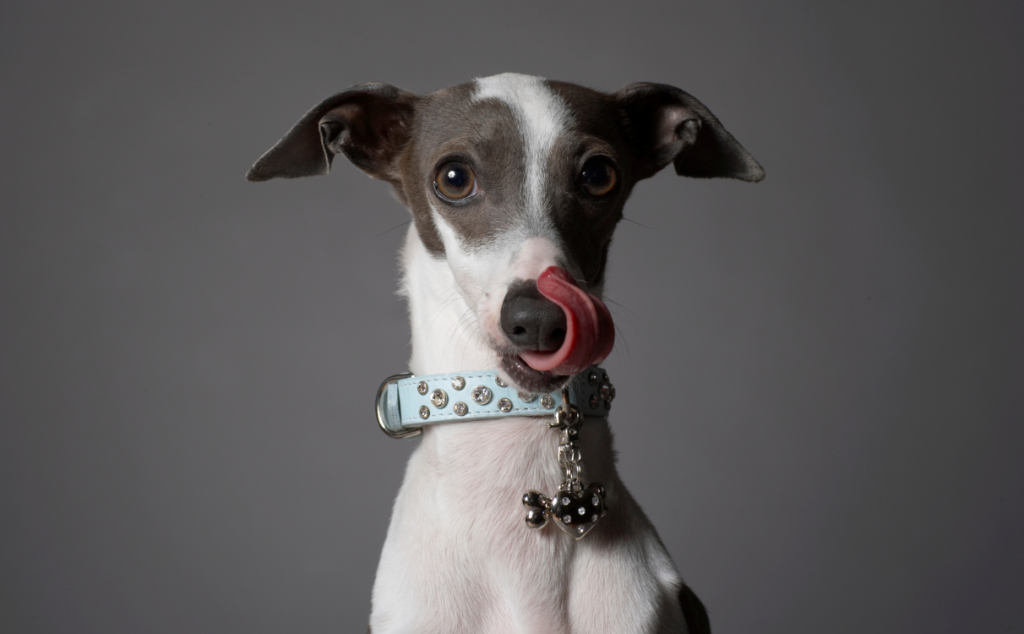

Of course! Actually, most mammals—including dogs—get hiccups at some point in their lives1. The only difference is that when humans get hiccups it’s just weird and annoying, but when dogs get hiccups it’s ridiculously adorable, and worthy of recording to reap allllll those glorious, fake internet points on social media.
Dog hiccups can happen at any age, but young puppies seem to get hiccups more often than older dogs. This is probably because puppies are very food-crazed and excited at this age. They eat way too much, way too fast, and gulp down air in the process, resulting in a case of hiccups. What’s even more wild than these puppy hiccups, is the fact that puppies get hiccups before they’re even born! During ultrasounds of pregnant dogs, puppies have been recorded hiccuping inside their mom’s womb1!
What Causes Dog Hiccups?
Sometimes hiccups seem to sneak attack out of nowhere. Other times, we’re able to pinpoint certain behaviors that tend to lead to a case of the hiccups. Although science doesn’t have a good grasp yet on what causes hiccups or how to accurately predict them, there are a bunch of theories floating around as to why hiccups exist. Some researchers believe hiccups serve no real purpose in adults. Others believe they may start as way for a fetus to strengthen the muscles that they’ll later use for breathing once they’re born1. And yet another theory is that occasional hiccup attacks are the body’s attempt at removing air from the stomach, kinda like a burp1.
I guess we need to sit back and let the scientists slap fight each other for a few more years until they come to a consensus of what causes hiccups. But for now, we at least have a few known triggers that tend to cause hiccups in dogs3,4:
- Eating too large of a meal (like that time they stole the Thanksgiving turkey)
- Eating or drinking too quickly
- Anxiety, excitement, or stress
- Swallowing hot or irritating substances
- Taking certain prescribed medications
- Recent Surgery
- Pregnancy
Are Hiccups Dangerous?
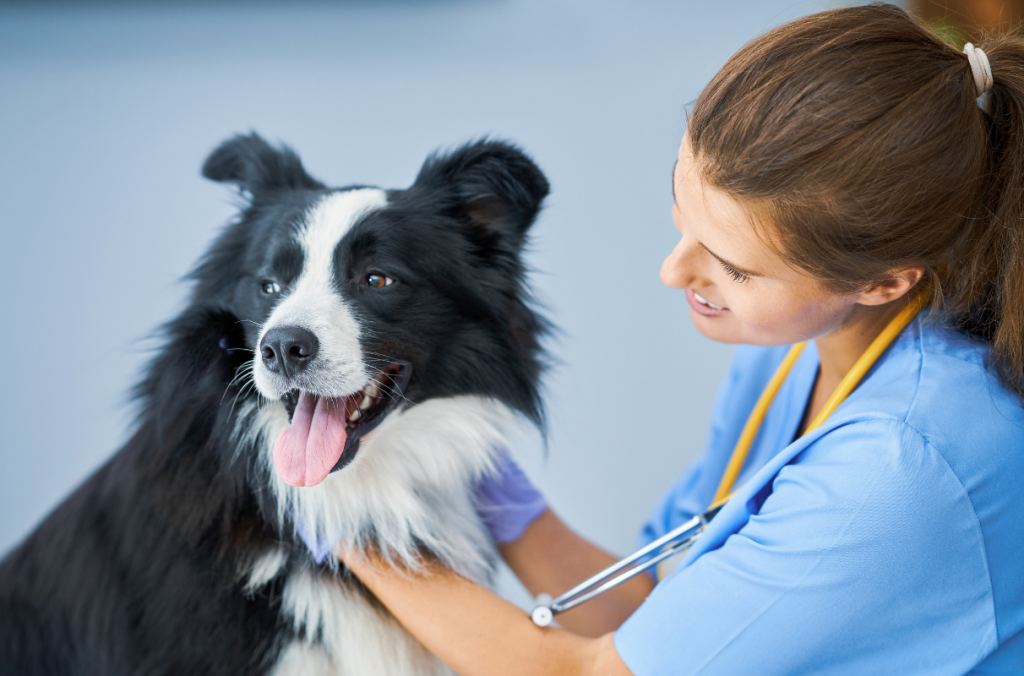

Hiccups aren’t usually dangerous. Most cases of hiccups in dogs and humans go away on their own within 48 hours. However, hiccups that last longer than 2 days (persistent hiccups) or incidents that last longer than a month (intractable hiccups) could be a sign of a more serious health issue5 that require a visit to the vet. Some of the underlying health issues that cause hiccups for an extended period of time include:
- Tummy Troubles (Gastrointestinal Problems) – Hiccups that don’t seem to go away could be a sign that your dog has an undiagnosed digestive problem. This can include health issues like acid reflux, bowel disease, pancreatitis, or hepatitis, among others4. You may also notice signs like vomiting, diarrhea, or blood in your dog’s poo3, along with the hiccups. These are signs to schedule a vet appointment.
- Breathing Difficulty (Respiratory Issues) – Long-lasting hiccups can also be a sign that something is going on in your dog’s lungs. This could include issues like irritated lung tissue (pleurisy), pneumonia, bronchitis, or that your dog has accidentally swallowed down the wrong pipe (aspiration) and gotten food, water, or an object into their lungs4. You may notice your dog sneezing, coughing, or wheezing in combo with the hiccups. These are all signs it’s time to see the vet.
- Parasites – Heartworms and roundworms can wreak havoc on your pup’s respiratory system, as these parasites make themselves at home inside your dog’s lungs or heart. You may notice your dog vomiting or having diarrhea along with hiccups. This is a serious cause for concern3.
- Cancer – In rare cases, hiccups that don’t go away on their own can sometimes be a symptom of certain cancers4. If your dog has consistently had hiccups longer than 2 days, it’s time to talk to the vet.
When To See A Vet If Hiccups Aren’t Going Away?
If your dog’s hiccups are still going strong after 2 full days, it’s time to have a talk with your vet.
For simpler problems, like acid reflux or digestive upset, your vet may prescribe a medication to treat the underlying issue. Once the health concern is treated, the hiccups should fade away too. If your pup is showing additional signs like vomiting, diarrhea, coughing, or wheezing, your vet will run some tests to help get to the bottom of whatever health issues may be causing your pup’s hiccups. Once properly diagnosed, your vet will work on a treatment plan with you and your pup.
How Can I Help My Dog Get Rid Of Hiccups?
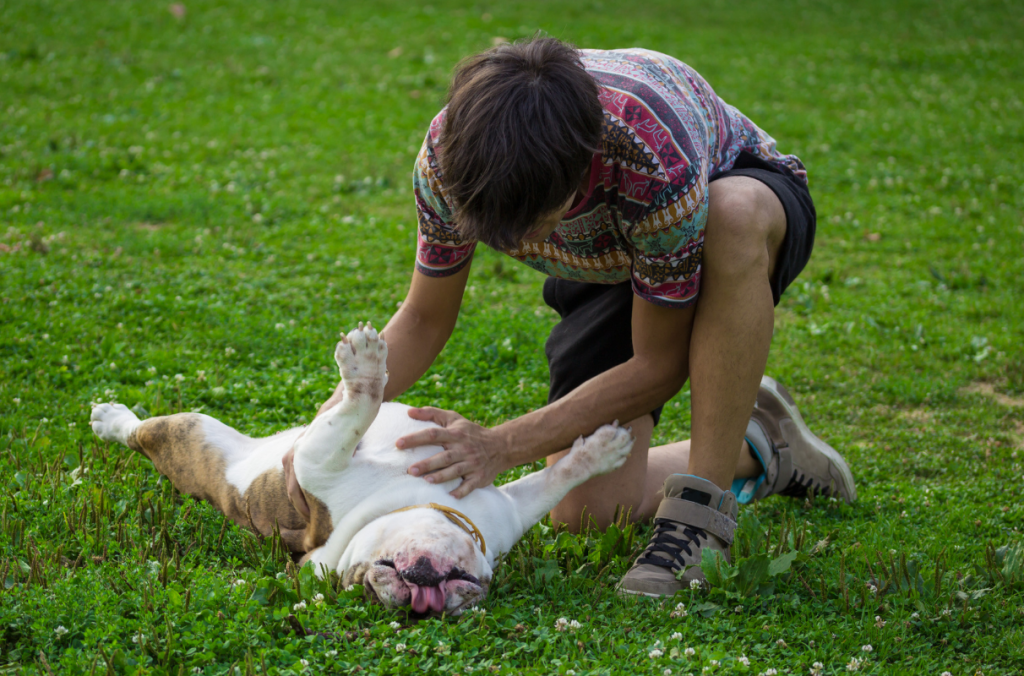

Humans never run out of weird ways to try to get rid of hiccups. Right this second, someone somewhere is probably holding their breath while drinking hot-sauce-water upside down, while asking a friend to scare them in a final attempt to get rid of their maddening hiccups. But out of all these bizarre home remedies, are there any that safely work for dogs?
Since science has yet to discover at-home treatments for hiccups that are proven to work, tricks and folk-remedies aren’t guaranteed to work for dogs either, but here are some things you can safely try for your pup:
- Simply wait for the hiccups to pass on their own. (Lame tip, we know!)
- Show your dog to their water bowl, or offer sips of water.
- Belly rubs! Gently massage your pup’s diaphragm (chest/belly) with gentle pressure.
- Offer a spoonful of peanut butter.
- Try changing their diet. Foods with lots of grains can cause hiccups in dogs with dietary sensitivities.
- Try a slow feeder bowl or raised feeder. Dogs who eat too fast sometimes swallow too much air, which upsets their stomachs3.
- Go do something fun with them! Taking a walk, going for a run, or chasing a frisbee are all great ways to distract your pup from their pesky hiccups.
Is There A Way To Prevent Dogs From Getting Hiccups In The First Place?
One of the biggest culprits of a random case of doggie hiccups, is pups who gulp down their food or water too quickly. When dogs scarf down food and water in giant mouthfuls, they tend to swallow air at the same time. The best solution for this is to slow down their habit of vacuuming food into their pie hole within seconds of it being placed on the floor. To help slow them down you can try:
- Slow Feeder Dog Bowls – These are dog bowls that use raised ridges and shapes inside the bowl itself to help slow down your dog’s eating. Instead of being able to grab mouthfuls at a time, they’ll have to navigate around the ridges to be able to scoop up a few pieces of kibble at a time. Eating and drinking more slowly usually help reduce the amount of hiccup attacks.
- Raised Dog Feeders – There is less evidence of raised feeders being helpful for slowing down dogs eating habits, or helping to stop them from swallowing air, but some pet parents have found them helpful. It’s worth a try!
- Turn Their Dinner Into a Four-Course Meal – Take their normal dinner, and feed ¼ of it at a time, with 5-10 minutes between each course.
Related Article: Best Slow Feeder Bowls Of 2022
This article has been reviewed by Margo Hennet, DVM.
Margo Hennet, DVM, cVMA, and veterinarian at BARK is a canine nutrition, health, & wellness connoisseur. She has a combined 10 years of experience in clinical medicine, research, and education—that’s 70 dog years of know-how—and graduated from Colorado State University as a Doctor of Veterinary Medicine. She completed specialized training in internal medicine prior to working as a general practitioner in Colorado, has authored peer-reviewed publications and textbook chapters, holds certification in veterinary medical acupuncture, and is a member of the American Academy of Veterinary Nutrition and American Veterinary Medical Association.
Sources:
1 Howes D. Hiccups: A New Explanation For The Mysterious Reflex. National Library Of Medicine, Bioessays. June 2012, https://www.ncbi.nlm.nih.gov/pmc/articles/PMC3504071/.
2 Gormly, Kellie B. “The Curious Case of Charles Osborne, Who Hiccupped for 68 Years Straight.” Smithsonian.com, Smithsonian Institution, 13 June 2022, https://www.smithsonianmag.com/history/the-curious-case-of-charles-osborne-who-hiccuped-for-68-years-straight-180980232/.
3 Veterinarians.org Team. “Dog Hiccups Explained: What to Do If Your Dog Has Hiccups.” Veterinarians.org, 27 Oct. 2021, https://www.veterinarians.org/dog-hiccups/.
4 Gotfried, Jonathan. “Chronic Abdominal Pain and Recurrent Abdominal Pain – Gastrointestinal Disorders.” Merck Manuals Professional Edition, Merck Manuals, 21 July 2022, https://www.merckmanuals.com/professional/gastrointestinal-disorders/symptoms-of-gastrointestinal-disorders/chronic-abdominal-pain-and-recurrent-abdominal-pain.
5 Lee, Ju Hwan, et al. “Treatment of Intractable Hiccups with an Oral Agent Monotherapy of Baclofen -A Case Report-.” National Library Of Medicine, The Korean Journal of Pain, Mar. 2010, https://www.ncbi.nlm.nih.gov/pmc/articles/PMC2884207/.

